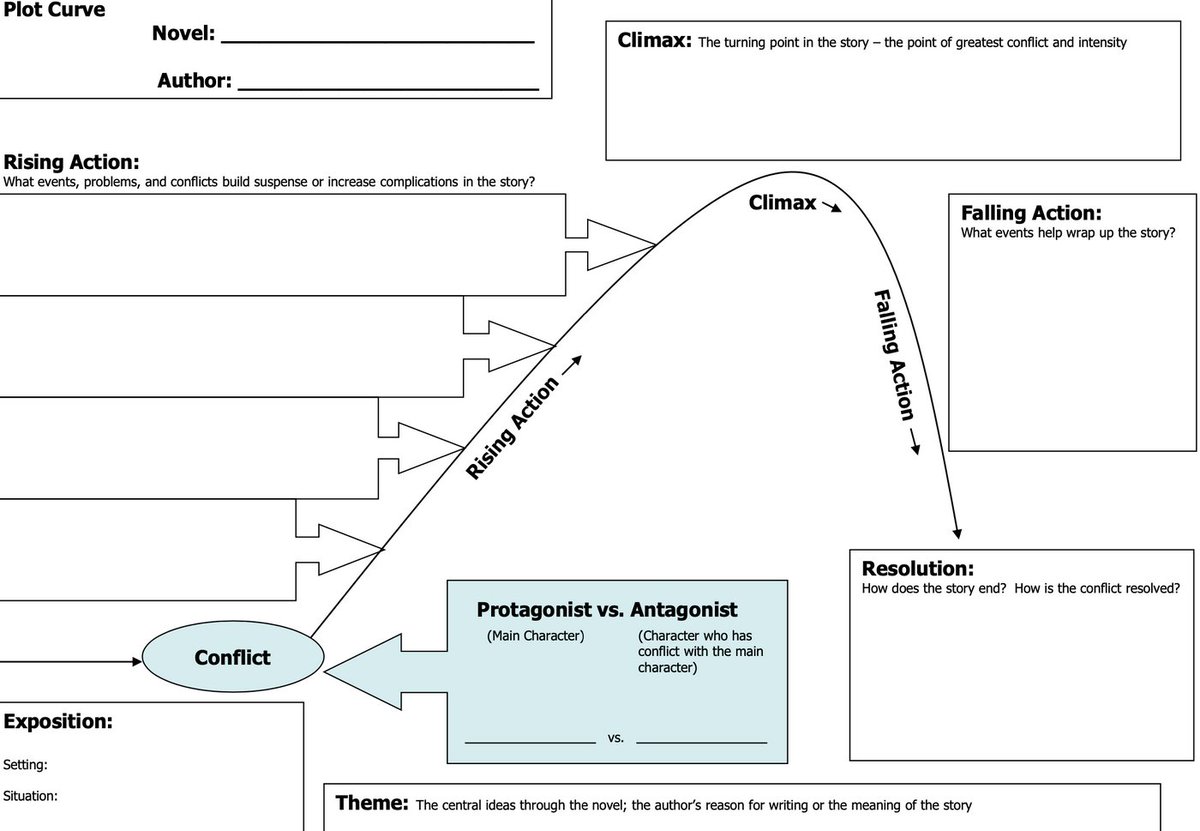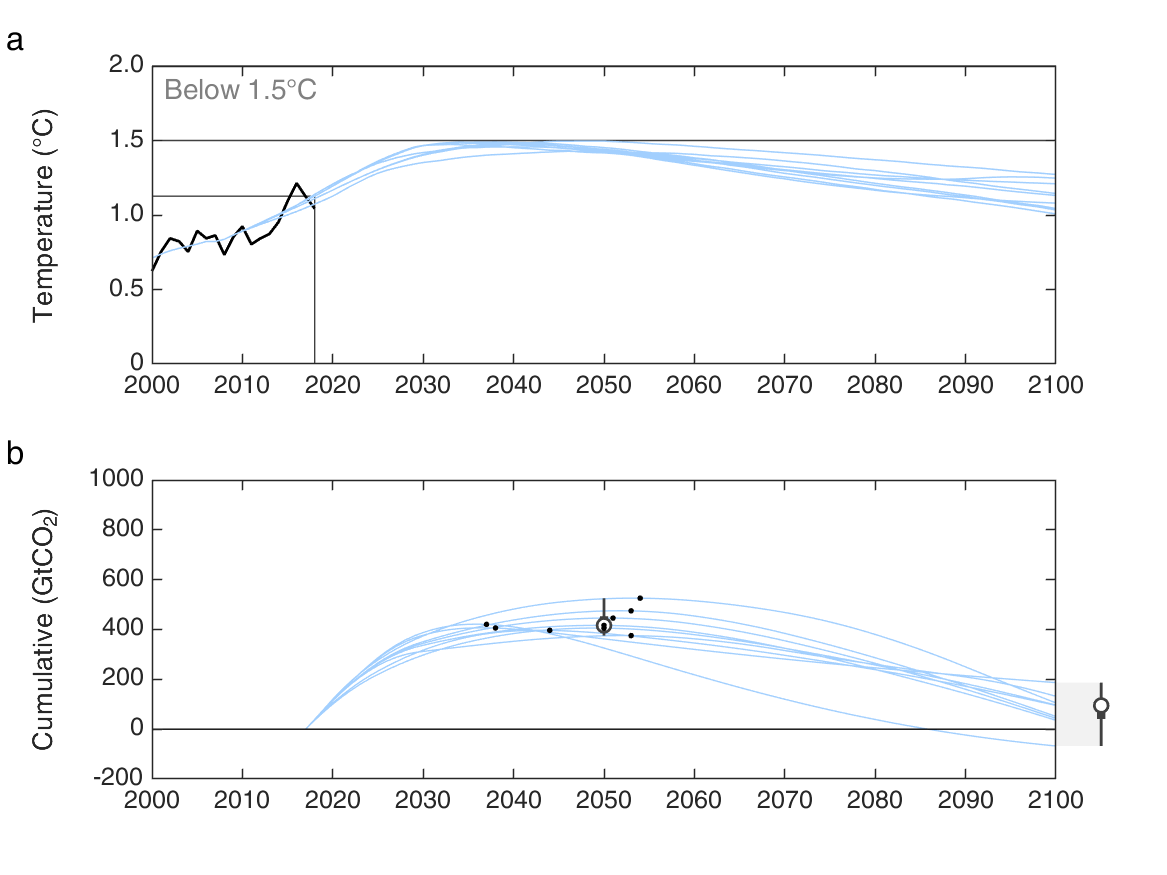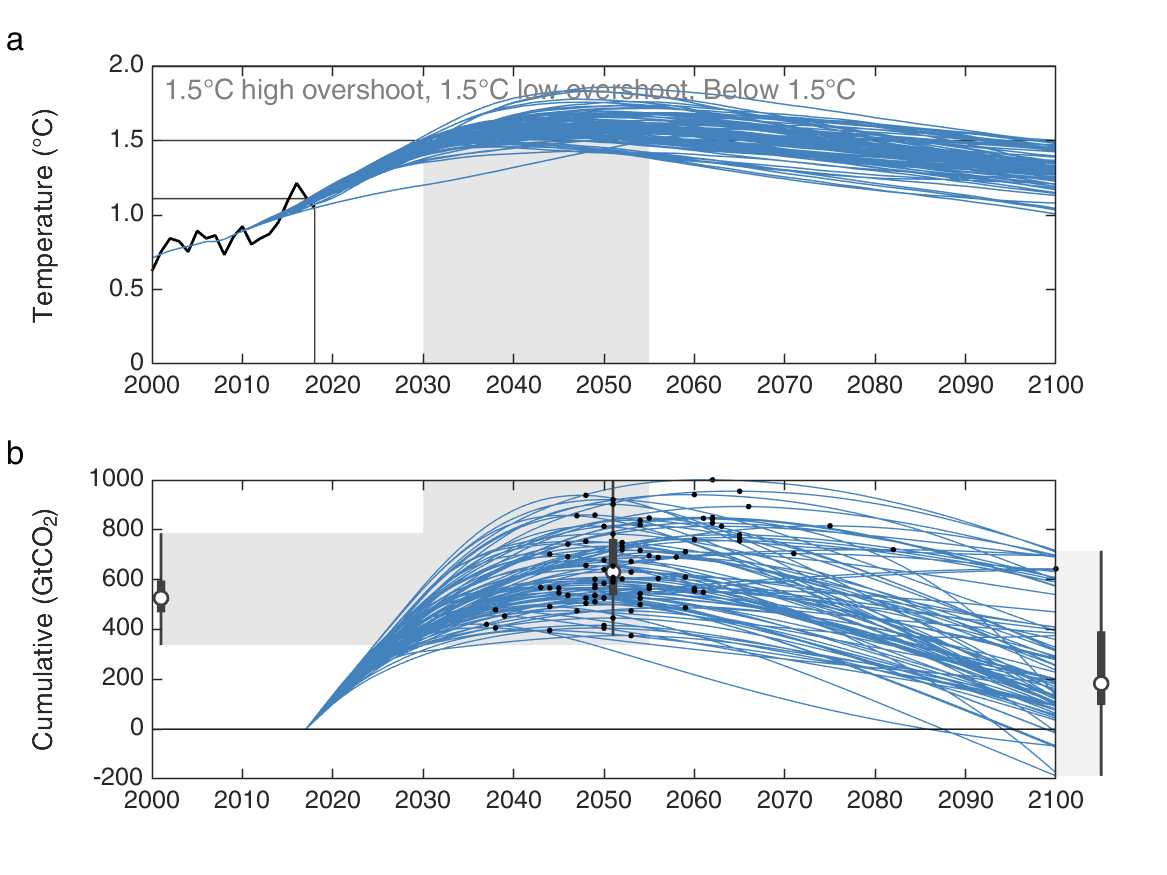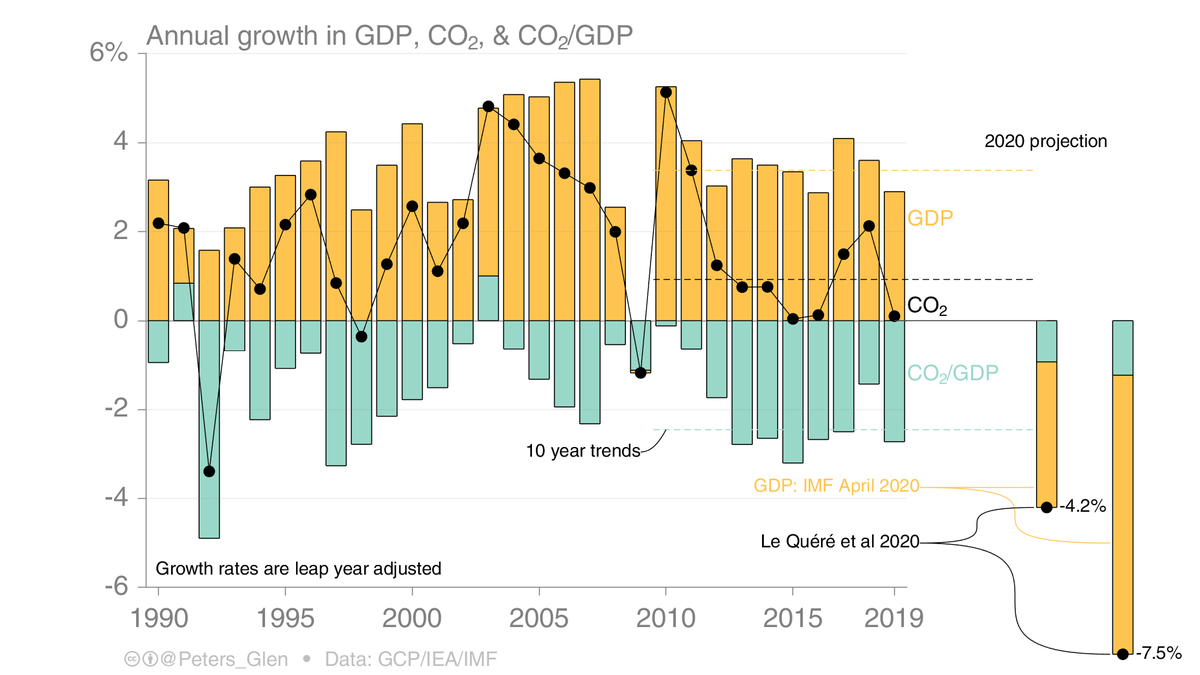@hollyjeanbuck has a post discussing some of the issues
1/
strelkamag.com/en/article/the…
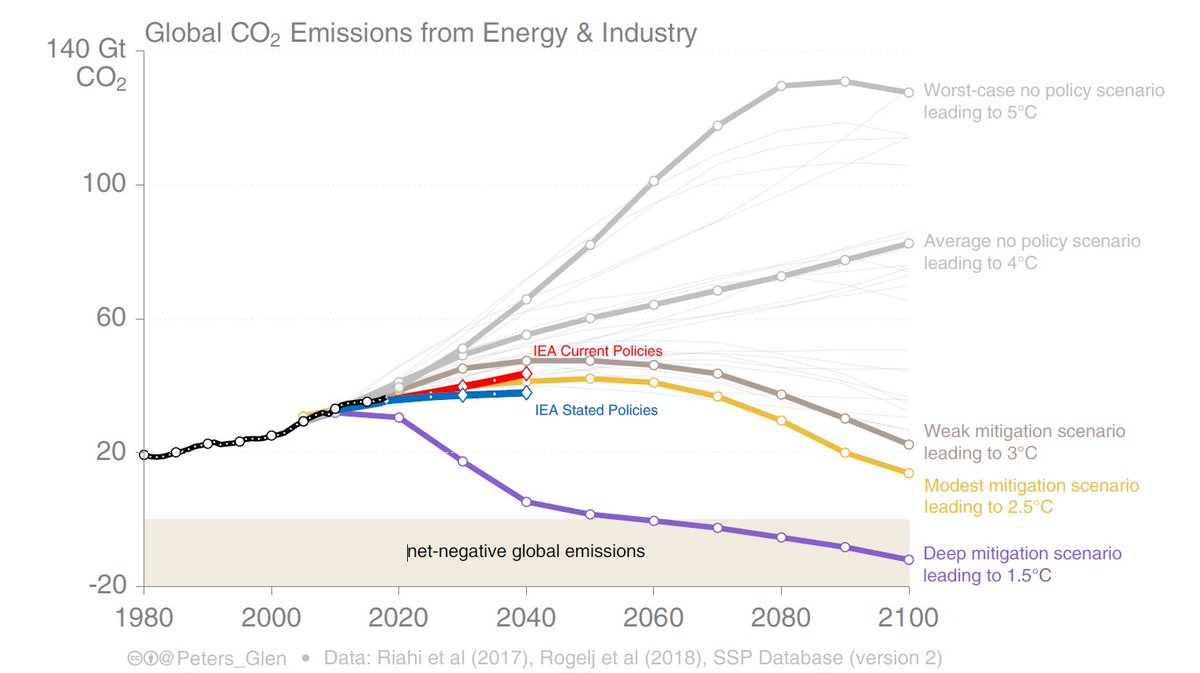
[Sounds very familiar]
2/
A few examples follow.
3/
6/

10/
11/
12/
The original report has curves that stretch into 2021.
13/
14/
"Flattening the curve pushes the deaths from the virus later in time, & in theory, minimizes deaths..."
15/
16/
18/
Have a read of the post. I don't agree with all (or might nuance it differently), but lots of good & relevant points...
strelkamag.com/en/article/the…
/end




